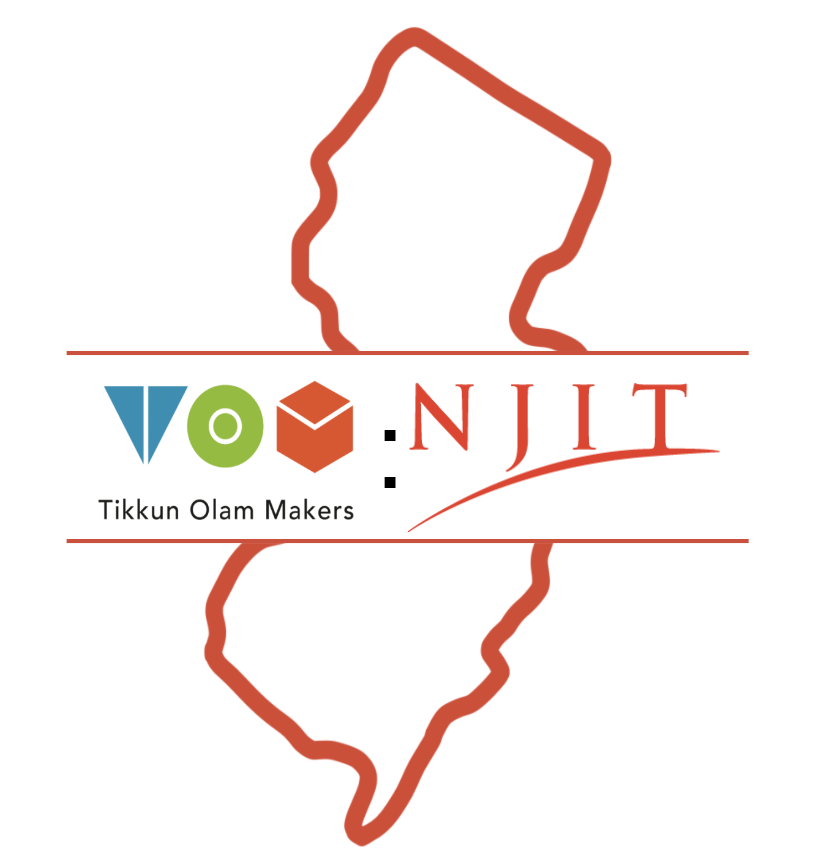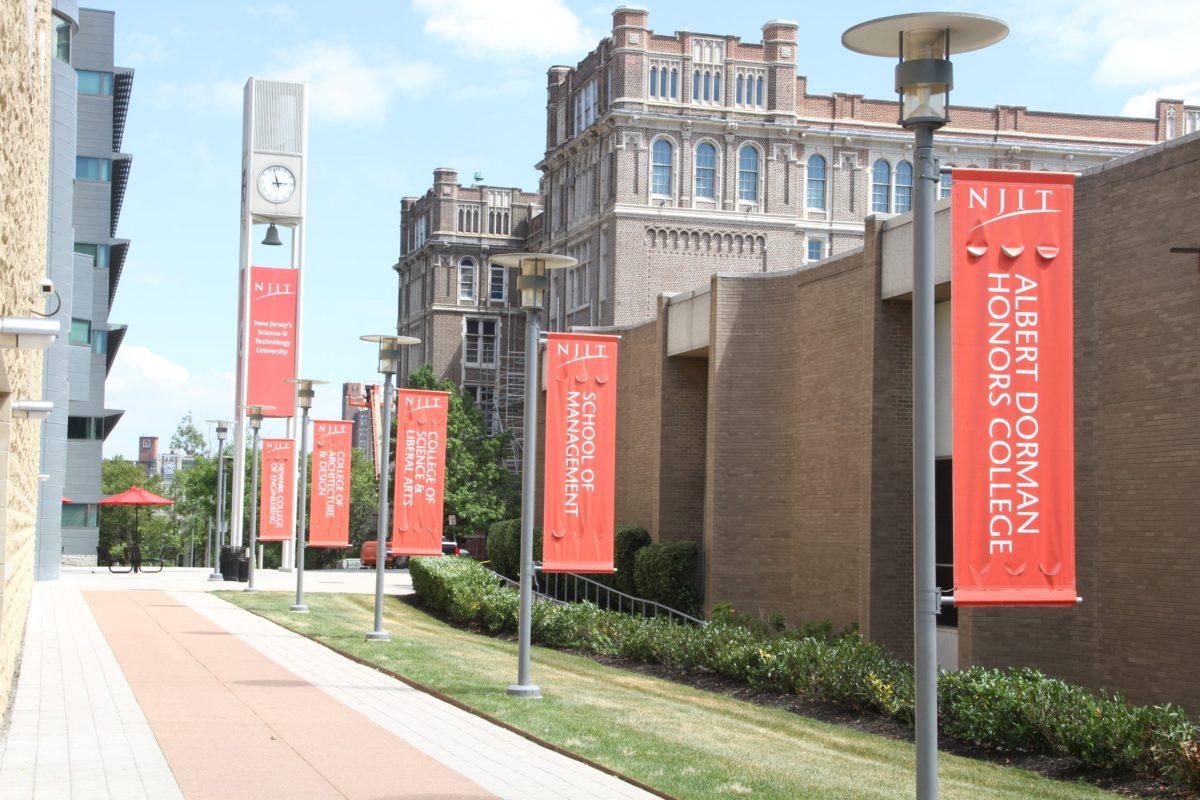(Photo by Areej Qamar)
In the first week of October, NJIT President Dr. Teik Lim announced the university’s nationwide search for an applicant for the highly coveted position of Provost and Senior Executive Vice President. For the past 20 years, the position had been held by Dr. Fadi P. Deek, who returned to the faculty as a Distinguished Professor of Informatics and Mathematical Sciences.
Since July 1, Dr. Atam P. Dhawan has served as NJIT’s Interim Provost and will continue to fill this role until a selection is made. A provost is a university’s chief academic officer and reports directly to the university president. Particular considerations for this appointment include implementing NJIT’s 2025 Strategic Plan and designing the 2030 plan with the repercussions of the COVID-19 pandemic plan.
Due to the weighty nature of the role, a provost search committee assembled to choose between candidates from across the United States. There were representatives from each college; Dr. Wunmi Sadik, Distinguished Professor from the College of Science and Liberal Arts, and Catherine Brennan, Senior Vice President for Finance and Chief Financial Officer, were co-chairs of the panel. Student Senate President Mark Nashed and Graduate Student Association President Andrew House represented students on the committee.
On Feb. 15, Lim announced that the committee had finalized four candidates, ranging in background and experience: Dr. Karin Rutlandt, Dr. Kenneth Christensen, Dr. Don Leo, and Dr. John Pelesko. From Feb. 20–24, they each hosted a forum in the Campus Center Atrium and Agile Strategy Lab in the Central King Building.
Rutlandt is a chemist by training, who earned a bachelor’s, master’s, and Ph.D. degree in Germany. Most recently, she served as the Dean for the College of Arts and Sciences at Syracuse University from 2014 to 2022. She is a reviewer for the National Science Foundation’s Research Experience for Undergraduates programs and was awarded the foundation’s Career Award from 1997–2002.
She said that her greatest accomplishments included starting “[diversity, equity, and inclusion] initiatives to create a strong sense of belonging, including the hire of an associate Dean for this purpose and the introduction of new faculty hiring policies.” She is also proud of Syracuse University’s high retention rate of international students, with around 91.5% choosing to stay for their second year.
In addition, Rutlandt emphasized, “I believe in the ‘ear on the ground’ approach, which allows intervention before it is too late to retain outstanding faculty or resolve problems. The promotion of an inclusive and diverse campus climate is the foundation of an enhanced student experience and thriving research climate.” Under her leadership, the Syracuse University College of Arts and Sciences raised around $15 million annually for the promotion of research, student scholarships, and endowed professorships.
Christensen received his education in mechanical engineering and is the Interim Provost, Senior Vice President for Academic Affairs and Chief Academic Officer at the Illinois Institute of Technology. He also holds the position of the Carol and Ed Kaplan Endowed Chair in Engineering and joined the university as the Dean of the College of Engineering. Christensen served as the editor-in-chief of the scientific journal “Measurement Science and Technology” from 2017–2021 and is currently on three editorial boards.
He highlighted his commitment to digital and non-traditional learners, having launched the “Learner-First Degree Initiative with one of the largest global online educational platforms to address job-readiness for non-traditional learners.” Under his leadership, Illinois Institute of Technology is launching a Lifelong Learning Academy to provide reskilling needs across the tech sector and address the cliff in traditional learners.
Additionally, he brought up the importance of targeted collaborations with industry, especially for technology-centric universities. “From a scholarly perspective, NJIT’s focus on transdisciplinary advances, including research with direct industry and/or national interest impact, also underpins my scholarly growth strategy at Illinois Tech,” Christensen said. At Illinois Tech, he pursued partnerships with manufacturing companies and Chicago’s healthcare sector.
Leo received training as a mechanical and aerospace engineer, working in positions in the Department of Defense’s research arm. Since 2013, he has served as Dean of the College of Engineering at the University of Georgia. He is also the chair of the American Society of Engineering Education’s Committee on Diversity, Equity, and Inclusion.
Leo is the first appointed dean, as the college was only set up in 2012; he oversaw a four-fold increase in students and directed a doubling of faculty members. “We recently finalized a collaboration with the Franklin College of Arts and Sciences to jointly administer the computer science programs and elevate the department to a School of Computing. This collaboration will add another 1,600 students to the college,” he added.
He spoke on the importance of acquiring funding, explaining, “I successfully obtained extramural funding from numerous public and private sources. Some examples include the creation of the Commonwealth Center for Advanced Manufacturing while at Virginia Tech, or the fourfold expansion of our research expenditures as dean at [the University of Georgia.]” Given NJIT’s proximity to the New York City metropolitan region, Leo underscored the importance of building collaborative relationships.
Pelesko is a mathematics graduate who obtained his Ph.D. at NJIT in 1997. As the Dean of the College of Arts and Sciences at the University of Delaware, he oversees 24 academic departments, nearly 8,000 undergraduate students, and almost 600 faculty members. He also worked with the Delaware Department of Education from 2011–2020, notably overseeing statewide remediation in mathematics and making recommendations for teacher preparation.
As dean, Pelesko stated, “I have a broad portfolio of responsibilities with 30 direct reports that include Department Chairs, School Directors, Associate Deans, a Chief Operating Officer, and a Chief of Staff.” He included his prior experience as director of the graduate students program, during which he “launched the ‘GEMS’ initiative, creating mentored summer research opportunities for graduate students.”
For future goals, he addressed the importance of strategic planning, resource management, and the cultivation of human capital. “Having personally experienced the transformative power of an NJIT education, and having seen the incredible transformation that NJIT has undergone in the last decade makes this an especially exciting opportunity,” Pelesko added.
To learn more about each candidate and the provost search, visit www.njit.edu/provostsearch/.


































